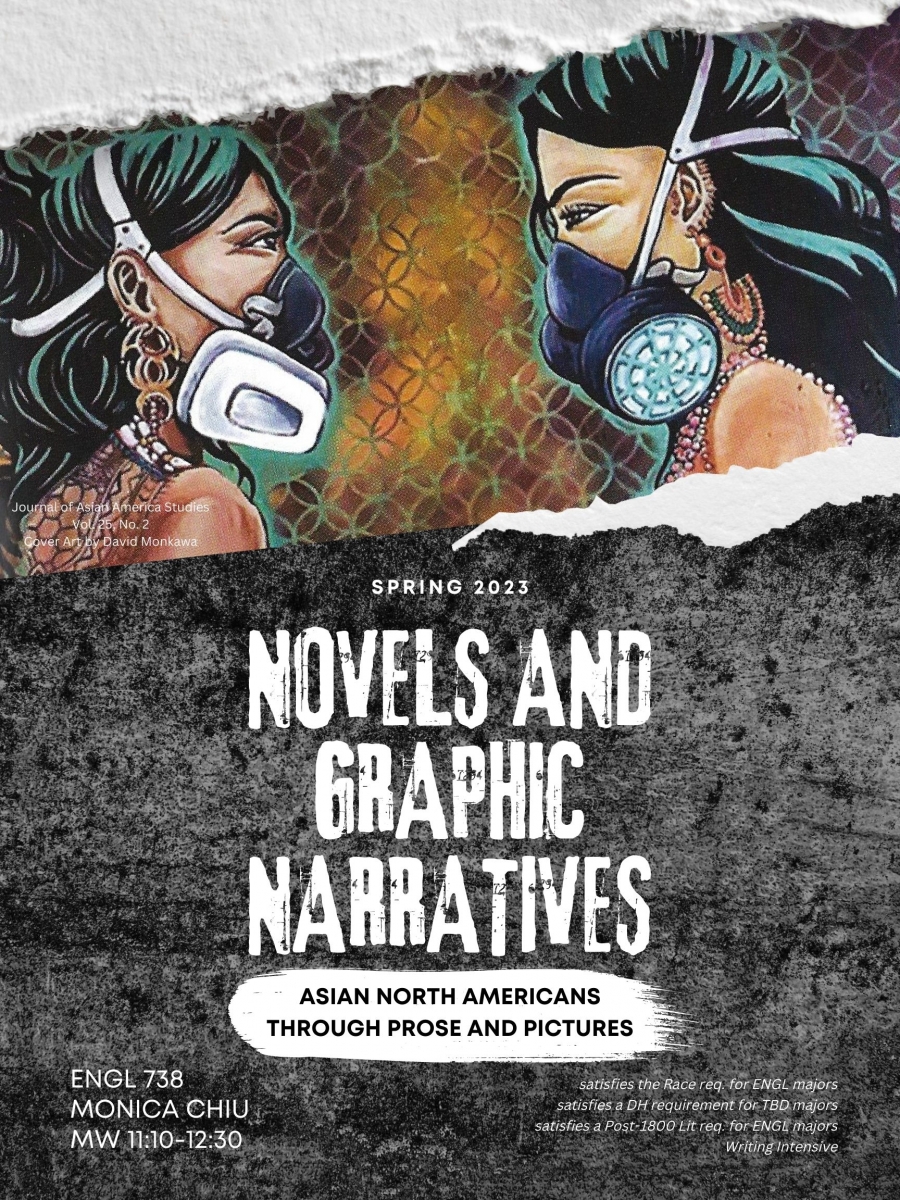SP23 Course Details: Special Studies in Literature "Early English Women Writers"
This course takes a close look at women writers in England, from the medieval period through the eighteenth century. We will view their work within a historical, social, biographical, theoretical, and critical context.
The course builds on earlier waves of women’s studies and women’s literary studies. The first phase in 1960s and 1970s sought a voice for women scholars as well as for women writers, which led to the establishment of theoretical women’s studies programs in the 1980s. In the 1980s scholars focused primarily on the “recovery” of unknown women authors (most notably through the Brown Women’s Writers Project, founded at Brown University in 1986, and dedicated to making available hand-typed transcriptions of women’s works published in their own time but not available in any modern edition). The 1990s and early 2000’s witnessed the merging of women’s studies with gender studies (in an effort to include men as well as women and multiple sexual orientations). In the last fifteen years, scholars have reviewed women’s writing through a more critical (vs. biographical) lens. New digital technologies led to new ways of recovering “lost” early women writers and the social networks in which their works circulated. As a result of all these movements, early modern women writers are no longer non-existent, as was the case in the academy through the late 1980s.
Incorporating both old and new discoveries and formats, this course will open your eyes to a blazing new world of early women writers from Marie de France to Mary Wroth, to Mary Wollstonecraft. Readings will include, Marie de France, “Lanval” (@1155); Christine de Pizan, The Book of the City of Ladies (1405); Elizabeth I (1500s); Amelia Lanyer, “The Description of Cooke-ham “(1611); Mary Wroth, Pamphilia to Amphilanthus (1621); Margaret Cavendish, The Blazing World (1666); Fanny Burney, Evelina, or the History of a Young Lady's Entrance into the World (1778); and Mary Wollstonecraft, A Vindication of the Rights of Woman (1792).




